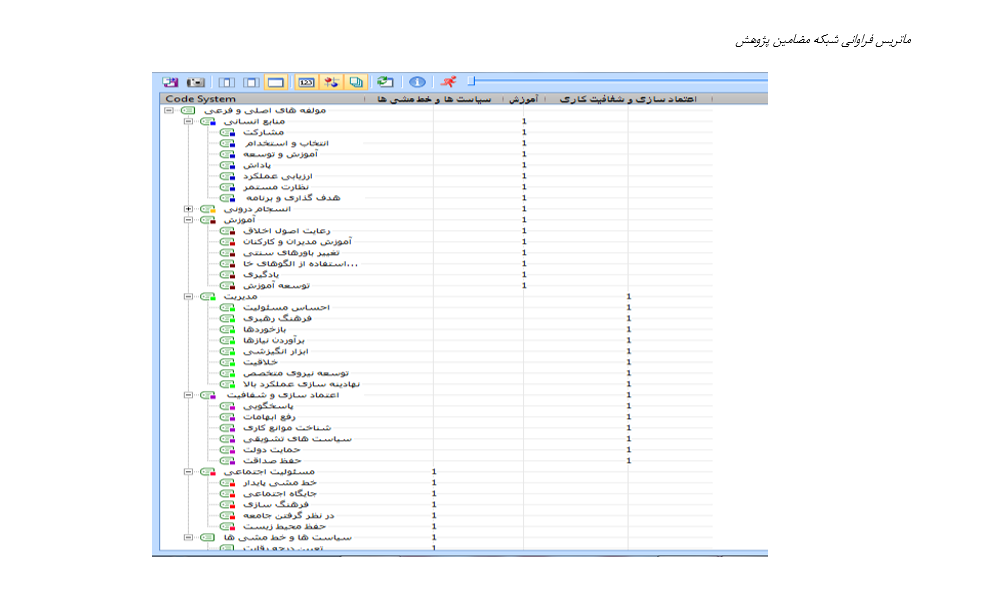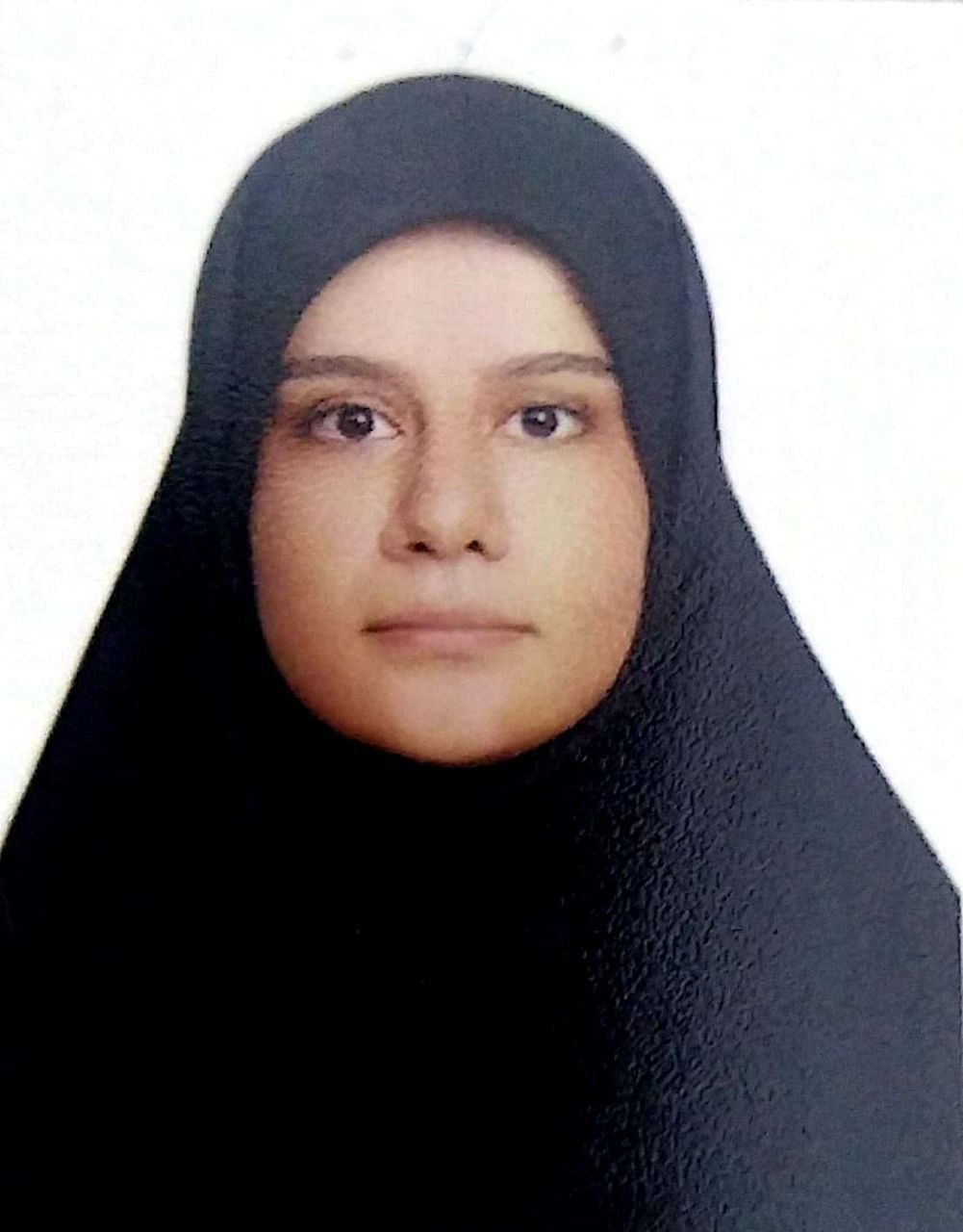Performance Management Model of Policy Studies System in Iran's Geography (Case Study: Research Center of the Islamic Consultative Assembly)
Keywords:
عملکرد, نظام مطالعات خطمشی, مرکز پژوهشهای مجلس, منابع انسانی, الگوی شماتیکAbstract
The present article seeks to address the issue of performance management of the policy studies system. Using qualitative research methods, the performance model is designed based on themes and codes extracted from interviews with experts associated with the policy studies system. This article is a mixed-methods research study and is applied in nature from the perspective of its objective. The statistical population of the quantitative part of this research comprises 123 executive experts, and the structural-interpretive modeling method is used to design the model. The article's findings reveal that the themes of the performance management model include policies and guidelines, social responsibility, trust-building and transparency, management, training, human resources, and internal coherence. According to the structural-interpretive modeling calculations, "training" is identified as an independent exogenous variable that is unaffected by any other variable in the model. Policies and guidelines are endogenous variables, while "human resources" are dependent variables. Additionally, the variable of management serves as a mediating role.
Downloads






















